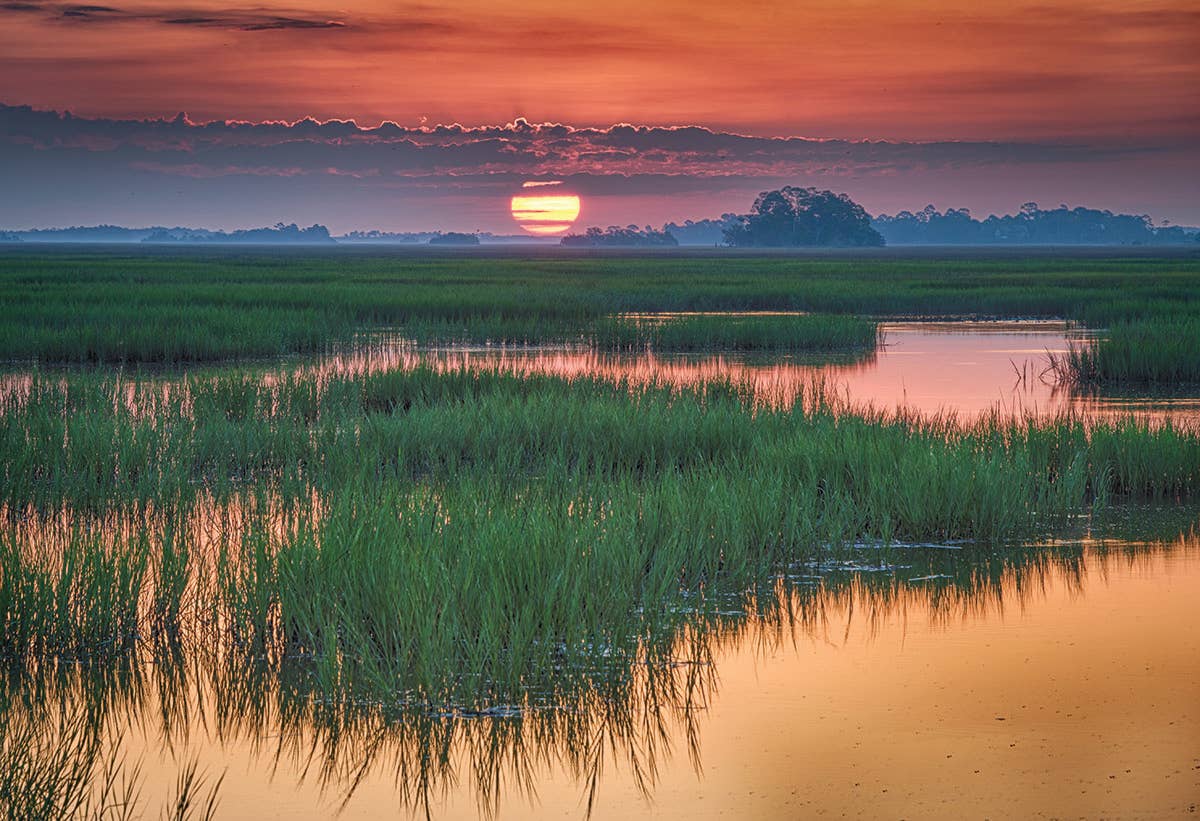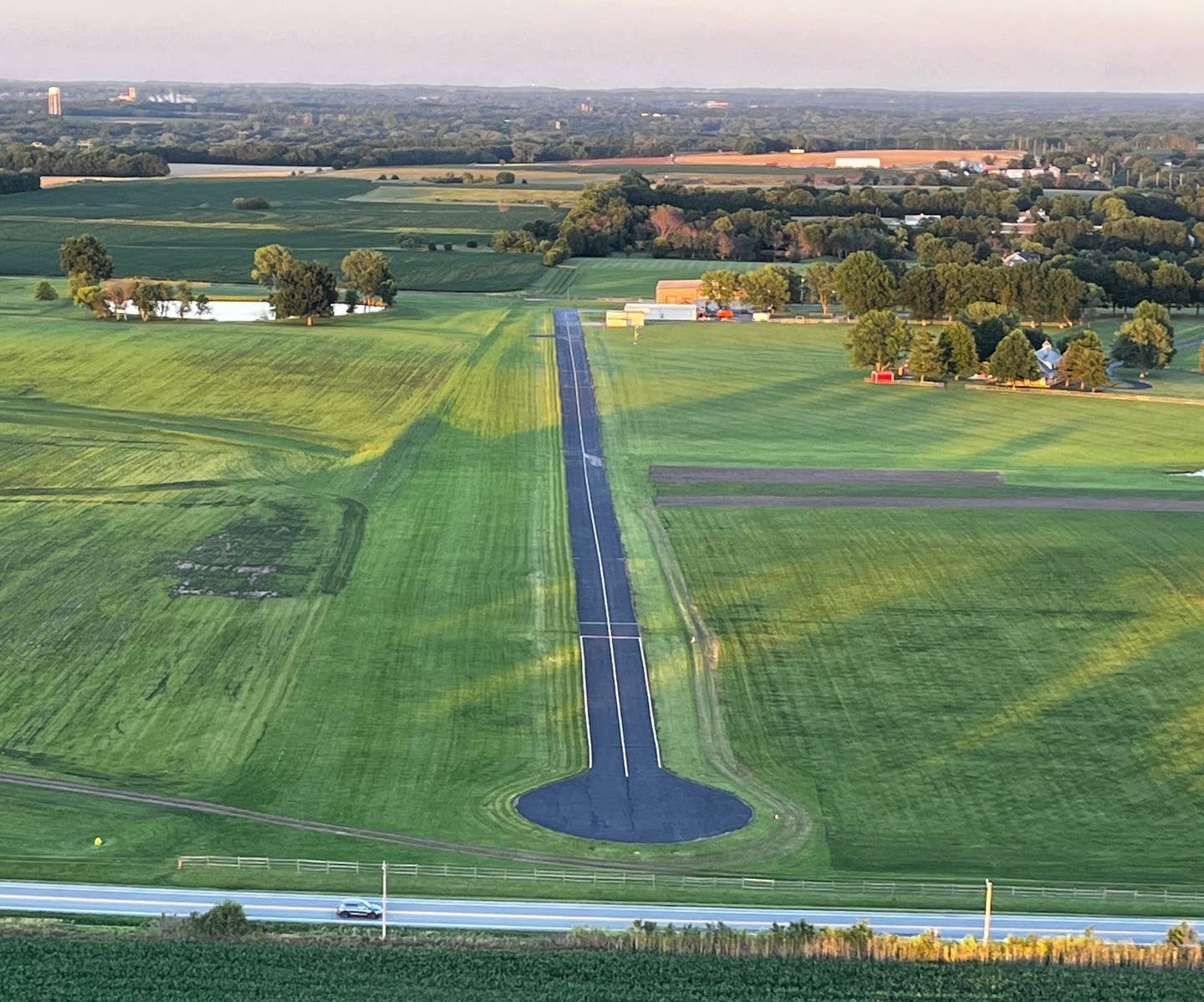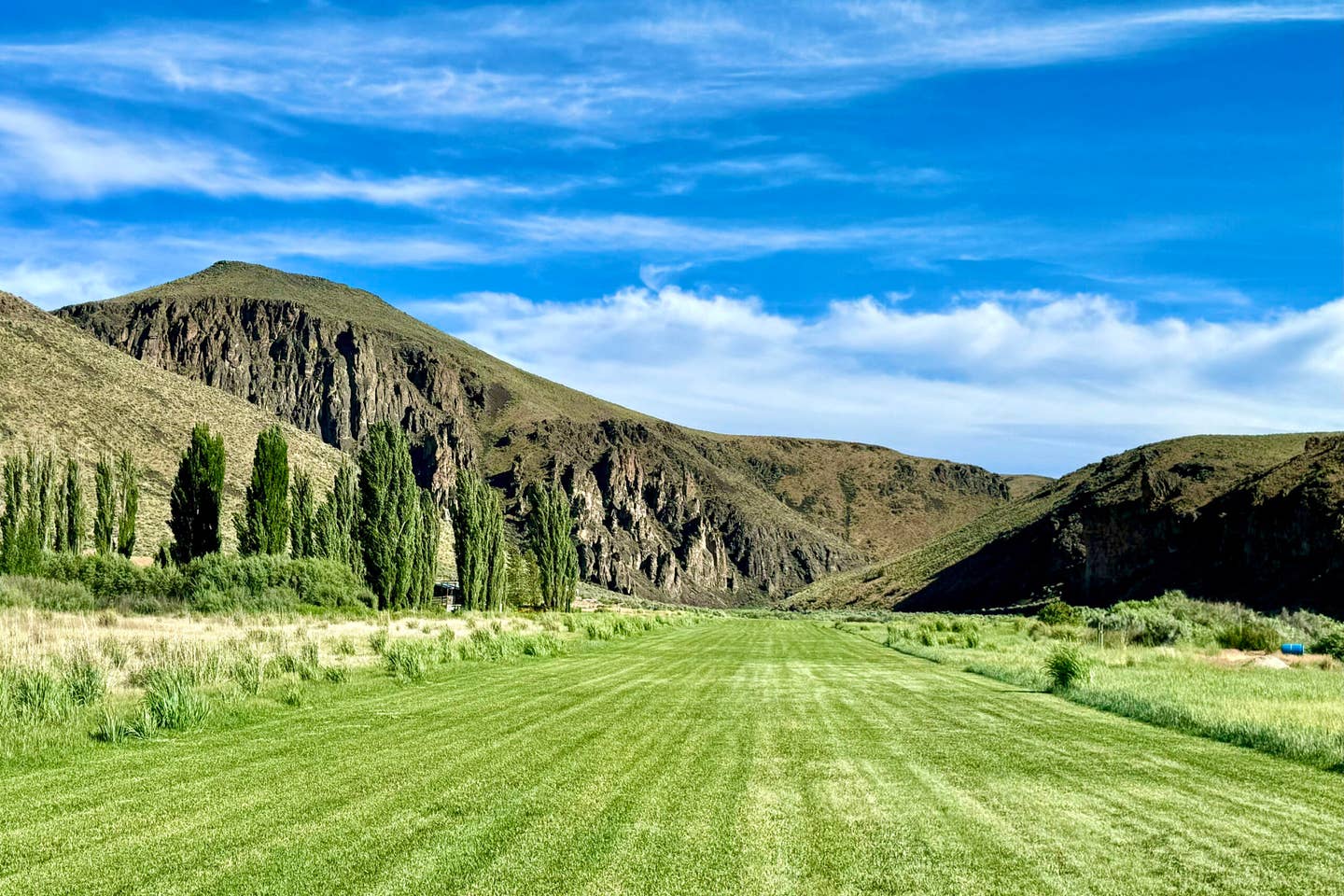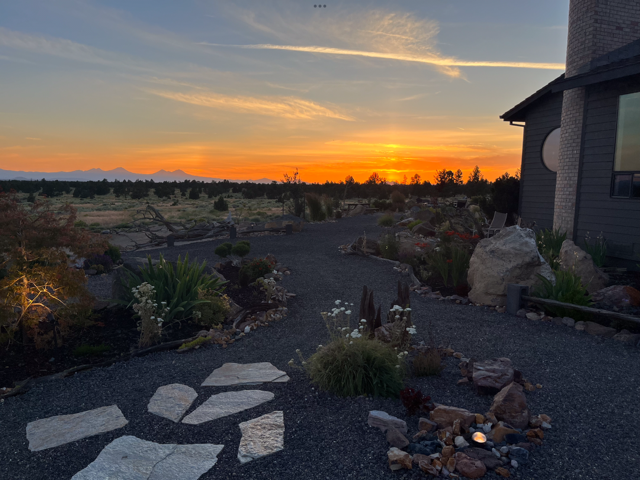
Kiawah Island welcomes visitors seeking an escape from the hustle and bustle. [Credit: Adobe Stock]
Looking for a relaxing getaway? Jump in your airplane and escape to Kiawah Island, South Carolina. Considered one of the most beautiful barrier islands on the East Coast, the island is known for its private, gated communities, its first-class golf courses, and 10-miles of pristine beaches.
Just a short drive from Charleston, the island makes a great jumping off point to explore the rich history of one of America’s best-preserved colonial towns, unique Lowcountry cuisine, and a thriving nightlife. Kiawah Island is a luxurious retreat, a playground for the affluent, and a peaceful nature preserve for those looking to escape the bustle and noise of the city.
The Lay of the Land
A low-lying coastal region along the South Carolina coast, Kiawah Island is a watery wonderland. More than 60 ponds and lagoons dot its landscape. The roughly 10,000-acre island is separated from its near-neighbor barrier islands, Johns Island and Seabrook Island, by the Kiawah River, and to the north by its confluence with the Stono River.
Salt marshes, maritime forest, and sandy beaches and dunes comprise the island’s ecosystem, which is home to diverse wildlife that include alligators, 140 species of birds, whitetail deer, bobcats, and the endangered Atlantic loggerhead sea turtle. Recognized for its efforts to safeguard the loggerheads and their habitat, the island was commended in 1981 by the Izaak Walton League with a National Conservation Award.
Roughly a 30-minute drive from the island, the historic city of Charleston sits on a peninsula between the Ashley and Cooper rivers, which empty into a deepwater harbor. The first “planned” American cityscape, early settlers who were familiar with the narrow and twisted roads of Europe, purposefully laid out the streets of Charleston in a wide and straight grid fashion—making this one of the easiest cities to navigate.
Outdoor Diversions
A natural area with its own nature conservancy, activities on Kiawah Island tend to revolve around the outdoors. Kiawah River and its many ponds and lagoons offer those equipped with a rod and reel the opportunity to reap southern flounder, speckled trout, black drum, redfish, and more. Fly-fishing is also popular in the Kiawah River marshes. Travel 20 to 50 nm east in the Atlantic and you’ll find some of the best offshore fishing in the world. With multiple artificial reefs and its proximity to the Gulf Stream, anglers reel in tuna, mahi mahi, sailfish, wahoo, grouper, snapper, marlin, and other sport fish in the area. Multiple fishing charters are available.
Crabbing is also a local pastime. Near Blue Heron Pond, you’ll find a community crabbing pier. No license is necessary for recreational crabbing if you use three or fewer hand lines in the tidal creeks of South Carolina—just make sure any crabs you catch measure more than 5 inches from point to point and don’t have any egg sacks. Check regulations at dnr.sc.gov.
With more than 30 miles of paved pathways and typically a hard-packed sandy beach, Kiawah Island is also a bicyclist’s paradise. Encompassing 8 acres of natural habitat, Marsh Island Park is a favorite biking destination. Pedal along its wide wooden paths to the park’s observation tower for an unparalleled view of the island.
Located on the Kiawah Island Golf Resort, the Heron Park Nature Center gives you the opportunity to view wildlife up close. Animal exhibits include local diamondback terrapins and a 10-foot-long Burmese python. The resort also offers nature tours that include dolphin encounters, bird-watching, and alligator adventures, as well as recreational programs, such as kayaking, stand-up paddleboarding, yoga, shelling, and surfing.
For swimming and suntanning, visit Kiawah Beachwalker Park, the island’s public beach. The beach gets its name from the wide swath of generally hard-packed sand that leads to the ocean shore—the perfect surface for walkers or bicyclists.
If tennis is your game, the island has a court for you. The Roy Barth Tennis Center and West Beach Tennis Club, both operated by the Kiawah Island Golf Resort, have hard courts and Har-Tru clay courts that are open to the public and available for reservation.
Golfers' Haven
With five public championship golf courses on the island, it’s no surprise that Kiawah Island is a top destination for golfers. The island is known internationally for its Ocean Course, which offers 18 holes of ocean views and hosted the 2021 and 2012 Professional Golf Association Championships. Also operated by the Kiawah Island Golf Resort, the links at Turtle Point, Oak Point, Osprey Point, and Cougar Point are building names for themselves as well. Each course has its own unique challenges, and, like the Ocean Course, is grassed with seashore paspalum, which is known for being the turfgrass of choice for professional golfers.
City Scene
Kiawah’s Freshfields Village offers a low-key, upscale shopping experience for Lowcountry island visitors. High-end retail shops, unique boutiques, and local craftspeople come together at this open-air center. You’ll find everything from island/resort apparel, custom home furnishings and accessories, and hand-crafted jewelry to hand-made soaps and scents, sporting goods, pet supplies, and eyewear. A spa, grocery store, and pharmacy are also available.
Dining options on the island cover a broad range. For a take on Lowcountry fare, try Jasmine Porch at The Sanctuary. The restaurant’s seasonal selections feature locally harvested seafood and organic produce. The Cherrywood BBQ & Ale House is a stop on the South Carolina BBQ Trail and a People’s Choice winner for best pulled pork at The Festival of Discovery BBQ Competition. At Freshfields Village, you can choose from lighter fare, like sushi, wine, cheese and charcuterie, or enjoy staples, like pizza, submarine sandwiches, and ice cream. Hege’s Restaurant offers classic French cuisine and Cantina 76 is a popular Mexican food hangout.
Looking for a faster pace and even more dining selections, take the 30-minute drive to Charleston, which is known for its authentic Lowcountry and Gullah Geechee cuisine. Dishes like shrimp and grits, oyster stew, she-crab soup, Lowcountry boil, crab rice, and coconut cake follow foodways tied to the region’s roots. Look for Nigel’s Good Food, or Rodney Scott’s BBQ, to start.
When the lights go down, Charleston is the place to be for nightlife. Nightclubs range from The Cocktail Club, a stylish speakeasy-style bar that serves specialty cocktails on a rooftop terrace, and The Belmont, which shows classic black and white films while you sip on hand-crafted drinks, to the Deco Nightclub Charleston, which boasts “the largest upscale dance floor in the heart of downtown,” and Dudleys, an LGBTQ-friendly bar that features drag performers, karaoke, and dancing.
History
Named for the Kiawah Indians who lived on the island prior to the 1600s, the island’s Native American history goes back to at least 2000 BCE, as evidenced by dense shell midden sites, as well as pottery sherds and stone fragments found on the island. In the 1670s, as European colonists moved in, the Native Americans pushed west. The only structure still standing from the island’s early settlement days is the Arnoldus Vanderhorst Plantation home, circa 1801. The Vanderhorst family owned the island and raised cattle and cultivated cotton and indigo there, until they sold the property to C.C. Royal in 1951. In 1974, Coastal Shores Inc., a Kuwaiti company, purchased the island from the Royal family trust. The plantation home is listed on the National Register of Historic Places and today is fully restored and privately owned.
Looking for a restored plantation that you can tour? The McLeod Plantation Historic Site in nearby Charleston is a 37-acre property with a restored home, farm buildings, and quarters for the enslaved that will help you understand the history of the place. Established in 1851, the plantation is also home to the McLeod Oak, believed to be more than 600 years old.
Another interesting historic site in Charleston is the Old Exchange and Provost Dungeon, built in 1771. During the Revolutionary War, the British used the bottom floor of the building as a prison. The Exchange was also the location where South Carolina leaders ratified the U.S. Constitution in 1788, and where public slave auctions were held before the Civil War. Next door, you’ll find the oldest continuously operating
liquor store in the U.S.
A visit to the area wouldn’t be complete without taking the ferry to Fort Sumter, a national park that sits on a constructed island in the Charleston Harbor. The fort dates back to 1829, when soldiers started building it as part of the U.S. defenses against foreign invaders. Occupied by Union forces, on April 12, 1861, it was the first federal installation to be shot upon by the Confederate Army. The battle that ensued signaled the start of the Civil War.
Despite its Civil War past, the city of Charleston has more than 3,500 well-preserved buildings that showcase early Americana architecture. Recognizing the value of its history, the city passed the nation’s first historic district zoning ordinance in 1931.
This article was first published in the 2022 Southeast Adventure Guide of FLYING Magazine.

Subscribe to Our Newsletter
Get the latest FLYING stories delivered directly to your inbox






